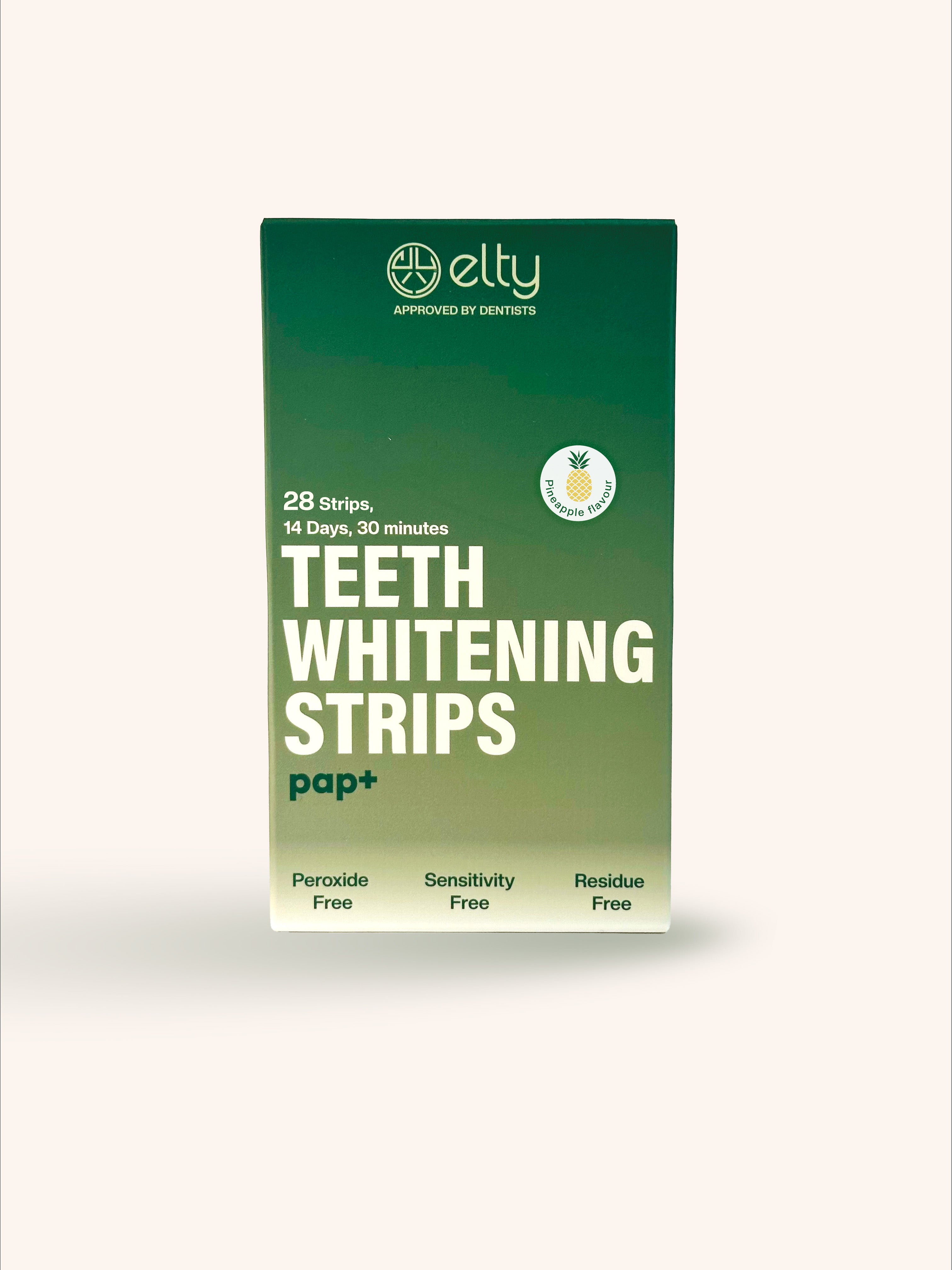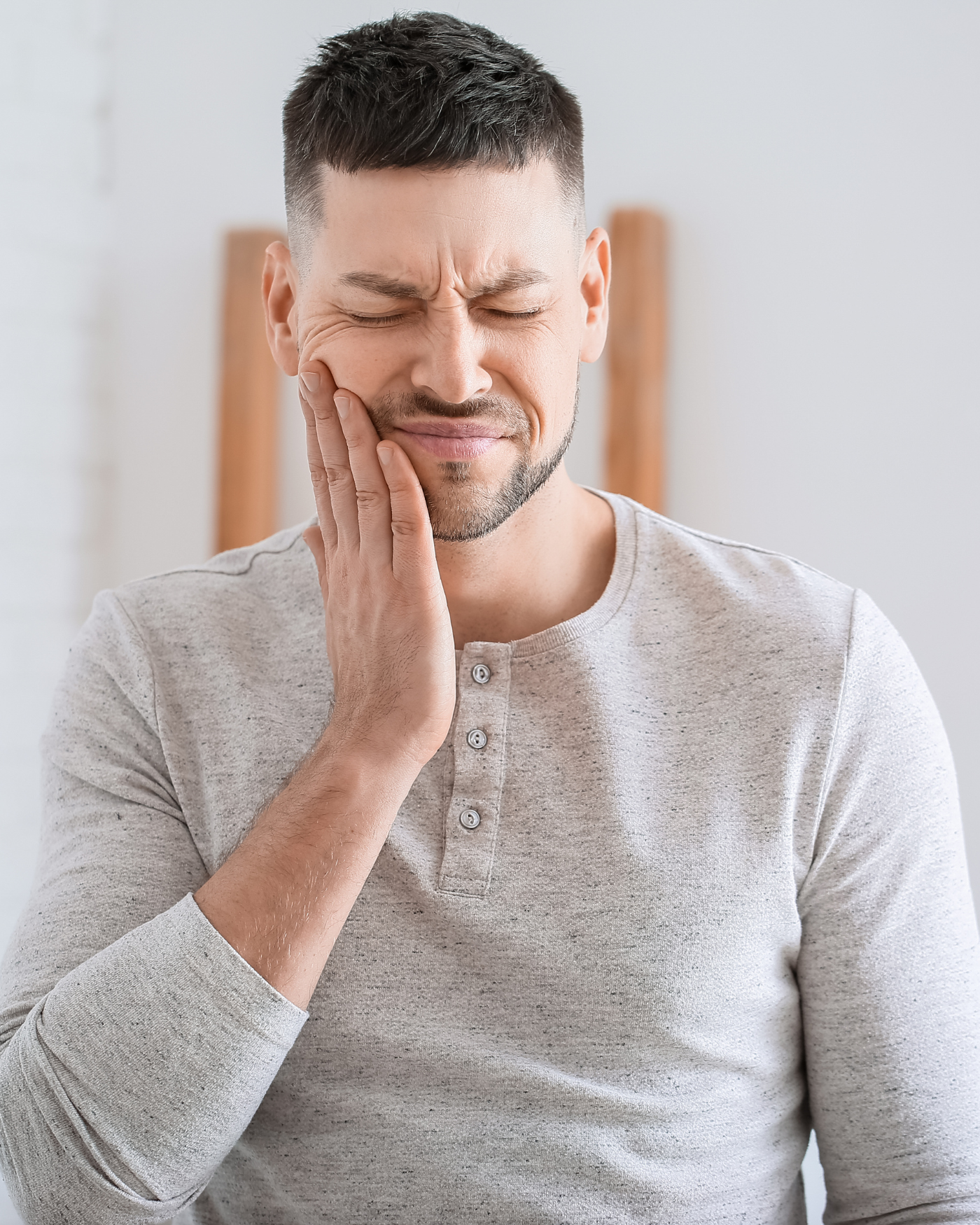When summer comes to an end and autumn arrives, all of us greet the crisp air, warm beverages, and cozy autumn treats. Along with these seasonal comforts, however, come subtle changes in humidity, temperature, and lifestyle that can significantly affect your oral health.
Here’s how fall weather can impact your teeth and gums, what signs to watch for, and how to keep your smile healthy throughout the season.
🥶 1. Temperature Fluctuations and Tooth Sensitivity
One of the more noticeable effects of cooler autumn air is increased tooth sensitivity. When temperatures shift — such as running outside into cold air or alternating between hot and cold drinks — your teeth expand and contract.
These thermal stresses can create microscopic cracks in enamel or dentin, leading to painful sensations in sensitive or worn teeth. Dentists refer to this as dental allodynia — pain from normally non-painful stimuli caused by temperature changes.
Researchers also discovered that when gums recede, the newly exposed nerve endings on tooth surfaces become more reactive to cold stimuli.
So in the fall, even small weather or dietary changes can make your teeth “zing” more easily! ⚡
💨 2. Drier Air → Dry Mouth & Gum Inflammation
As humidity drops and heaters start running, the air becomes dry — both indoors and outdoors. This can reduce saliva production, as moisture evaporates more quickly and glands become less active.
Less saliva means weaker natural defenses: saliva helps wash away food particles, neutralize acids, and limit bacterial growth.
When your mouth is dry, your gums become more prone to irritation, inflammation, and gingivitis. Persistent dryness can also worsen gum recession over time.
🍭 3. Seasonal Treats & Dietary Changes
Fall invites us to indulge in warm drinks (like spiced lattes and hot chocolate) and sticky treats (like caramel apples and Halloween candy). These comfort foods can cling to tooth enamel, feeding bacteria that produce acids and cause tooth decay.
If brushing or rinsing is delayed — say, during work or travel — the risk is even higher.
Additionally, acidic seasonal fruits like apples and certain fruit juices can soften enamel and heighten sensitivity if consumed frequently without proper care.
🤧 4. Allergies, Sinus Pressure, and Their Impact on Teeth
Autumn also means allergy season in many regions. Nasal congestion and sinus inflammation can cause referred pain to your upper teeth — especially molars — making it feel like a dental issue.
To make matters worse, common allergy medications like antihistamines and decongestants can cause dry mouth, compounding the effects of dry air.
This combination of sinus pressure, dryness, and bacterial buildup can make fall a surprisingly tough time for your mouth.
😬 5. Behavioral Changes & Oral Hygiene Slip-Ups
As daylight hours shorten and routines shift, it’s easy to drink less water, skip brushing after snacks, or reach for comfort drinks more often. These small lapses weaken your oral defenses.
Stress from upcoming holidays or seasonal changes can also lead to teeth grinding (bruxism), which wears down enamel and worsens gum sensitivity or recession.
🌿 How to Keep Your Teeth & Gums Healthy This Autumn
Here are some simple but effective ways to maintain a healthy smile as the weather cools:
🦷 Increased sensitivity to cold:
Use toothpaste for sensitive teeth (with potassium nitrate or strontium chloride).
💧 Dry mouth:
Drink water regularly, avoid alcohol-based mouthwashes, and chew sugar-free gum to stimulate saliva.
☕ Hot/cold food & drink swings:
Opt for lukewarm beverages, avoid extremes, and rinse with water after hot or sweet drinks.
🍬 Sticky sweets:
After eating candy or caramel, brush or rinse promptly to limit bacterial buildup.
🌸 Seasonal allergies:
Stay consistent with allergy care, use nasal rinses, and consult your dentist if tooth pain persists.
🪥 Gum recession:
Brush gently with soft bristles, avoid aggressive brushing, and visit your dentist regularly.
⌚ Habit slippage:
Keep up daily brushing and flossing, carry a travel kit for convenience, and schedule your autumn dental checkup early.
🦷 When to See Your Dentist
Book a dental visit if you notice:
-
Sharp or persistent tooth pain from temperature changes
-
Bleeding, sore, or receding gums
-
Persistent dry mouth or bad breath
-
Signs of grinding or clenching
-
Stained or cracked enamel
Early care can prevent minor seasonal issues from turning into major dental problems.
🍁 Closing Remarks
The cool, dry air of autumn and changing habits can create real challenges for your teeth and gums. Sensitivity, dryness, bacterial buildup, and dietary shifts all play a role — but with mindful care and seasonal adjustments, you can keep your smile healthy and bright even as the leaves fall. 🍃
📎 External References:
Read more

Sweets are one of life’s greatest pleasures—dessert after dinner, a slice of birthday cake, or a quick pick-me-up. 🍰🍫 While sweets bring happiness, too much sugar can do more than give you a tempor...

Bright smiles sell but with all the products and home hacks floating around, how do you know what really whitens teeth safely… and what’s just hype (or risky DIY)? Below, let’s cut through the nois...








Leave a comment
This site is protected by hCaptcha and the hCaptcha Privacy Policy and Terms of Service apply.